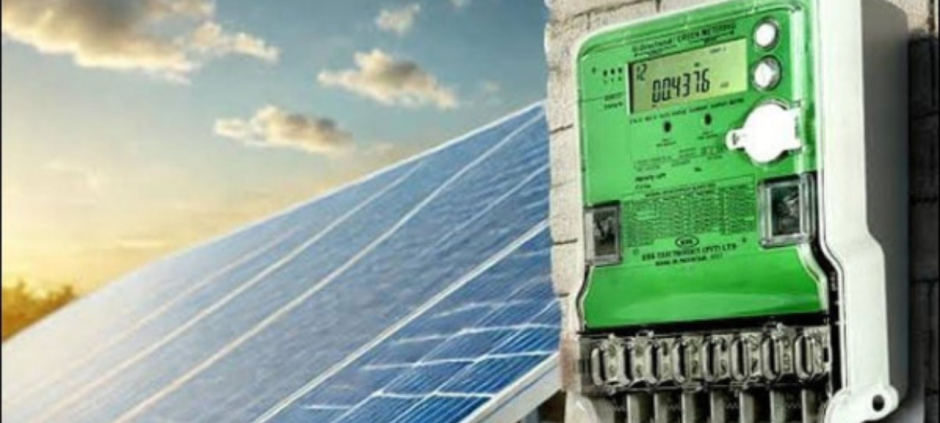The federal government is preparing to end the current net metering system for solar energy consumers. The Power Division is finalizing a new solar policy that aims to replace net metering with gross metering. This policy change will reshape Pakistan’s renewable energy sector.
Under the proposed policy, solar users will sell electricity generated by their panels back to the national grid at a fixed buyback rate of Rs11.33 per unit. This rate is significantly lower than the current net metering buyback rate of Rs27 per unit. However, solar users already enrolled under the existing net metering system will continue to receive their current rates and will not be affected by the change.
The draft policy is expected to be sent to the federal cabinet for approval after receiving a nod from the National Electric Power Regulatory Authority (NEPRA). Additionally, the policy proposes linking future solar buyback rates to one-third of the prevailing electricity tariff, using Rs11.33 as a baseline.
Officials in the Power Division have stated that the net metering system has placed a heavy financial burden on other electricity consumers. The total cost is estimated at Rs159 billion, with Rs103 billion resulting from the higher purchase rates paid under net metering. The government believes switching to gross metering will help balance costs fairly among all electricity users.
The new policy aims to integrate up to 8,500 megawatts of solar energy into the national grid. It reflects a shift in Pakistan’s approach to renewable energy, balancing growth with financial sustainability.
Solar industry experts and consumers are closely watching the policy’s progress, as it will impact the future of solar energy incentives in the country.
The government’s plan to replace net metering with gross metering comes amid ongoing innovations in solar technology. Recently, Japan developed a titanium-based solar panel 1000x more efficient than silicon, showing how solar energy is evolving worldwide.











